Crop Treatments
All Crop Treatments Content
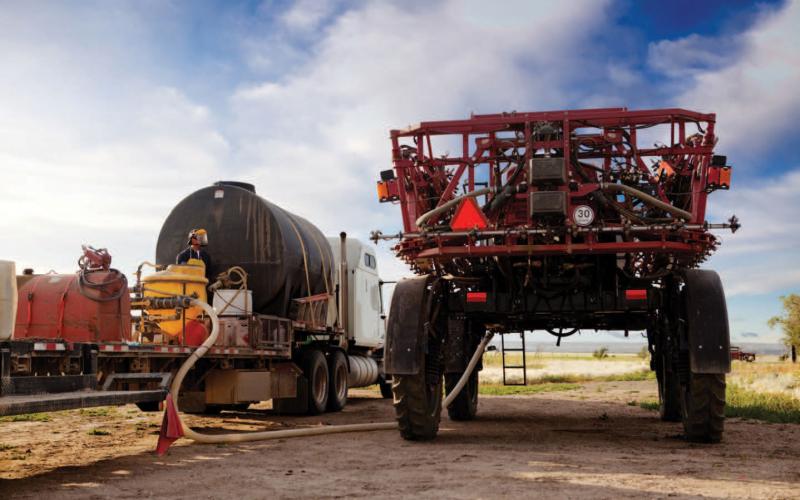
Dicamba Cannot be Applied Postemergence in Dicamba-Tolerant Soybeans After June 20
With weather delaying the planting of soybean, the clock is ticking to spray dicamba before the cutoff date of June 20, 2024. Learn what application tactics might work best before the deadline.
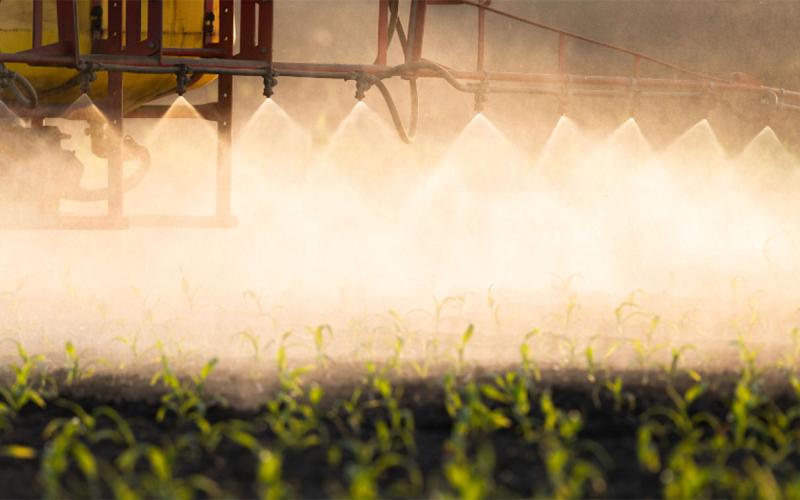
Considerations of Corn Postemergence Herbicides
Managing weeds after emergence is important to protect the yield potential of corn crops. Learn some important application considerations before selecting a postemergence herbicide.

Critical Period of Weed Control: A good, but not perfect guideline
The critical period of weed control is the period during a crop lifecycle when weeds need to be managed to avoid a significant yield loss.
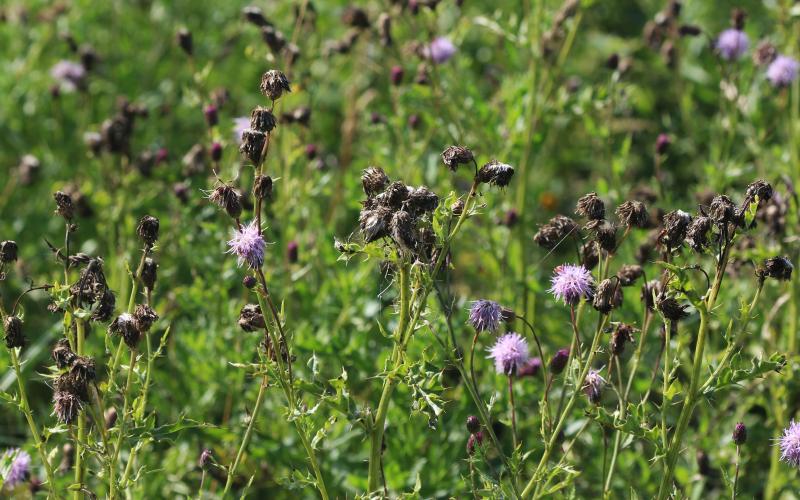
Current State of Noxious Weed Management in South Dakota
Results of an online survey to determine how South Dakota stakeholders are currently managing noxious weeds.
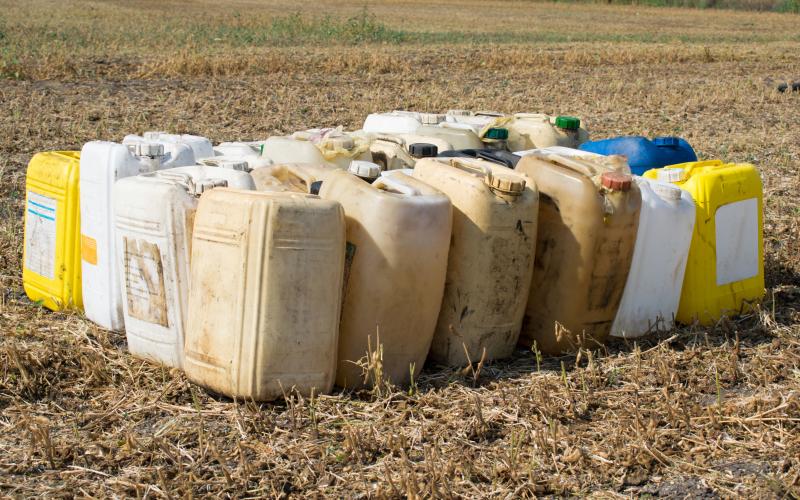
Herbicide Group Classification
The intent of providing herbicide group numbers and mode/site-of-action information on labels is to help develop herbicide plans that reduce the selection pressure on herbicide-resistant weeds. Learn how understanding this information can help improve your plans.
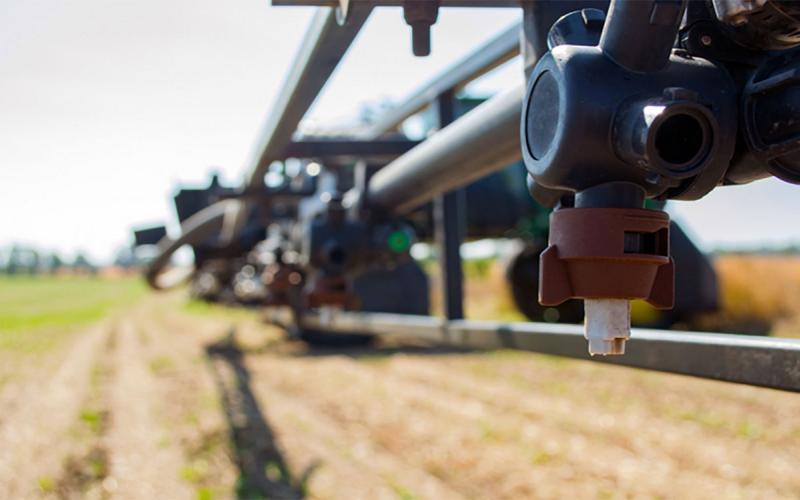
Factors Influencing Spray Coverage
Learn about the different factors that influence spray coverage and how you can tailor your practices to ensure that proper coverage is achieved.
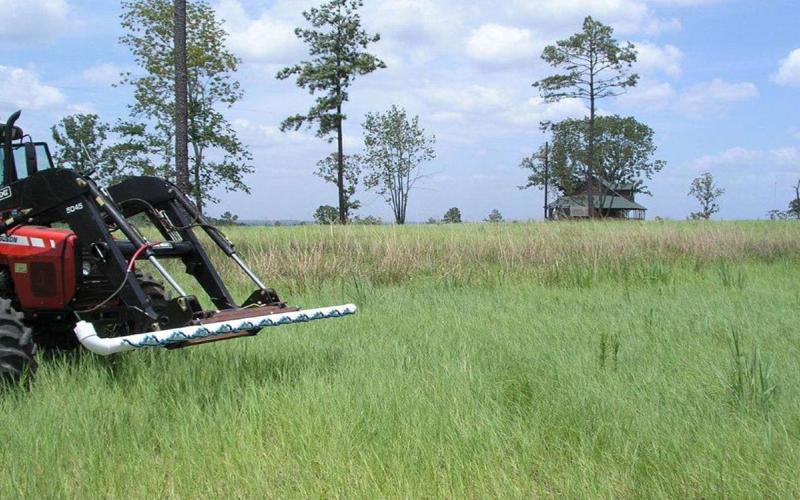
Low-Cost and Adaptable Plans to Build a Wick Applicator for Herbicides
From crop fields to home gardens, wick applicators can manage weeds by applying herbicides directly to weeds growing at a set height above desirable plants. Learn how to build one yourself in this article.
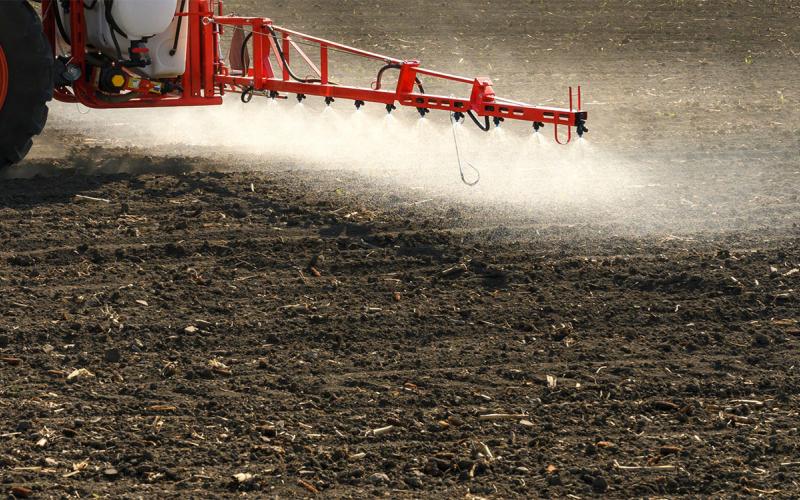
Preemergence Herbicide Application Considerations for 2024
Preemergence herbicides control germinating weeds, which minimizes early-season competition with crops to keep yield potential higher. Learn what factors influence their effectiveness and what can be done to avoid control failures and unintended crop injury.
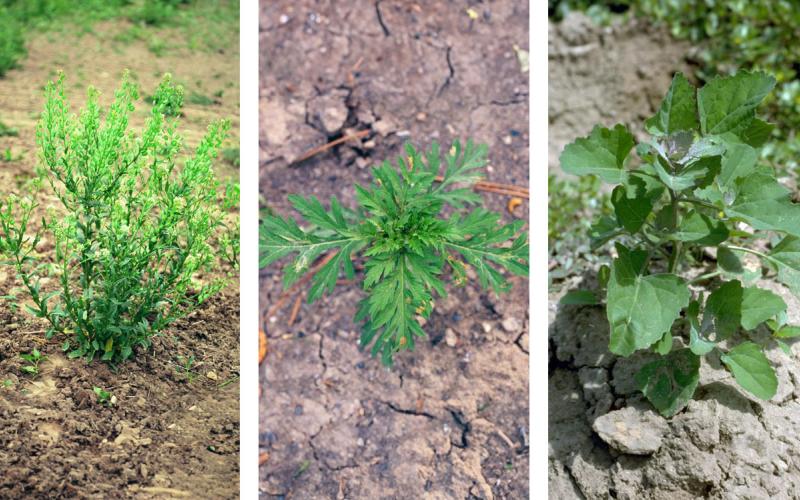
Early Emerging Weeds and Effective Management
Managing early emerging weeds before crop planting or emergence is important to minimize early season competition, which can lower yield potential, even if the weeds are managed later in the season. Learn some tips for getting started.

Organophosphate Insecticides Under Continual Review by the Environmental Protection Agency
Recent moves by the EPA to limit or prevent the use of organophosphate insecticides present challenges for growers seeking effective pest control. So, what is motivating these changes, and what do they mean for producers?